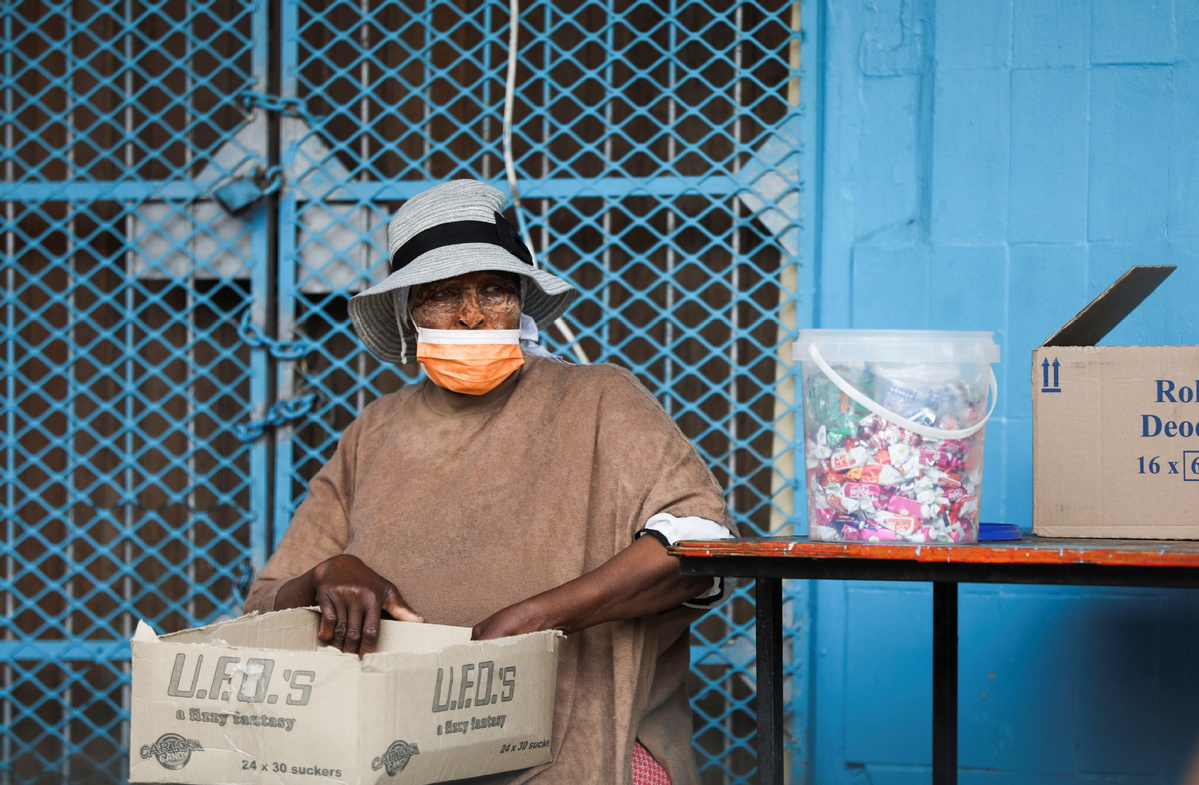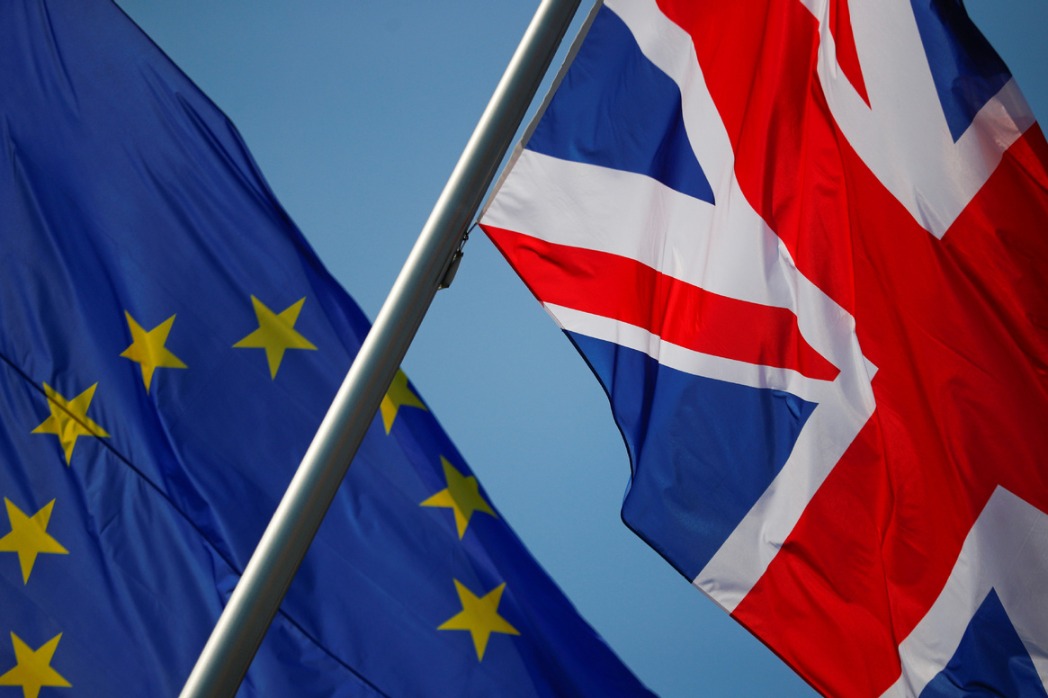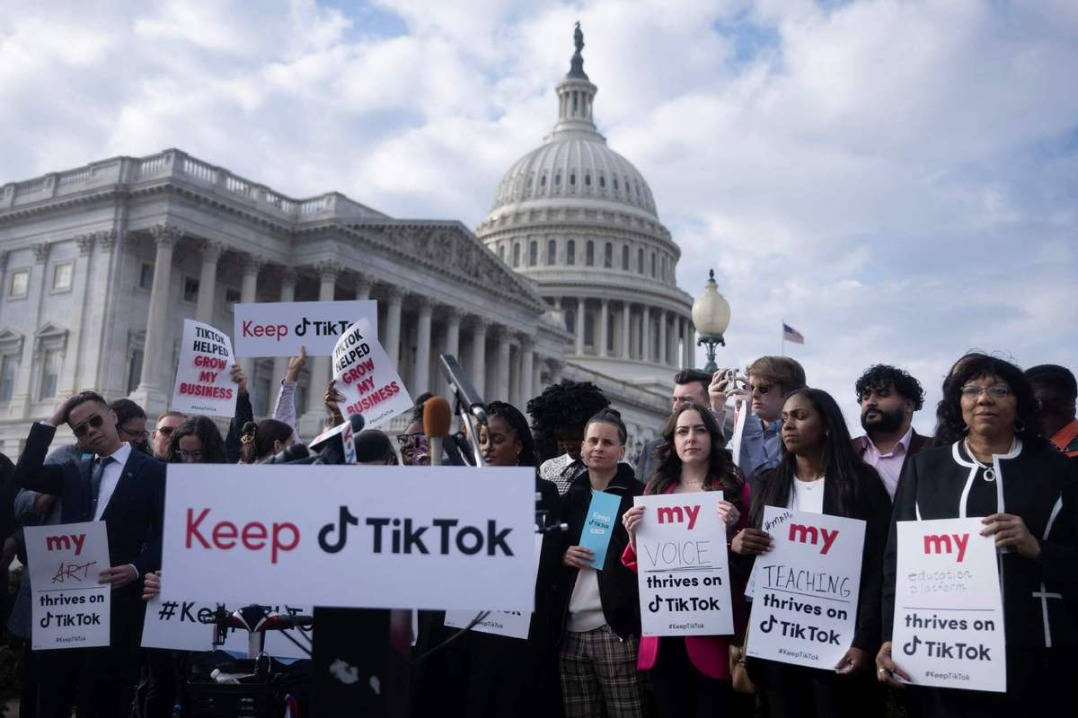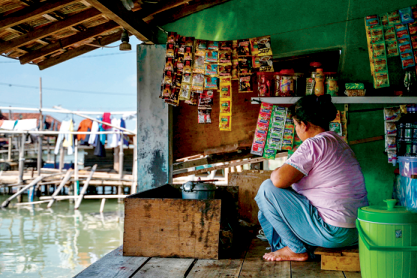Africa reports 105% jump in new COVID-19 cases


Africa is reporting a rapid increase in COVID-19 infection cases as Omicron variant continues to spread, prompting continued calls from experts to speed up vaccination in the continent.
According to data from Africa Centers for Disease Control and Prevention, the continent reported 105 percent increase in new infections during the week ending November 28, driven by an upsurge in Southern Africa region.
The number of new cases hit 52,300 compared to 24,474 new cases reported in the previous week.
Southern Africa region reported a 63 percent increase, driven by a surge in South Africa which reported 31,544 new cases.
For the seven days leading to November 30, South Africa recorded a 311 percent rise in new cases, compared with the previous week, the World Health Organization data show.
Gauteng, the country's most populous province, recorded 375 percent increase in new cases week on week.
Additionally, hospital admissions in the province rose by 4.2 percent in the past seven days while COVID-19-related deaths jumped by 28.6 percent from the previous week.
John Nkengasong, the director of Africa CDC, said the surge in South Africa is being driven by the Omicron variant.
"We are very concerned by the situation in Southern Africa and South Africa specifically. We are however not worried that the situation cannot be managed," Nkengasong said.
"The country is entering into the fourth wave and we are prepared to deal with it. We know how to deploy rapid responders and commodities as well as how to provide necessary interventions."
He said the only worry is that infections may continue to increase as people move around during the end year holiday season.
"My appeal is that people will celebrate with safety in mind to prevent the spread of the Omicron variant that we still don't know a lot about. If you want to celebrate happily in a more relaxed and peaceful mood, get vaccinated," Nkengasong said
He assured Africans that the health agency is well prepared to deal with the variant and others that will be detected in future.
He said while vaccine supply in the continent is currently predictable and steady, the uptake by countries is not satisfactory.
"In the coming weeks, we will be summoning a meeting with ministers of health from across the continent to deliberate on how the uptake can be increased," Nkengasong said.
The highly mutated Omicron COVID-19 variant has so far been detected in Botswana, South Africa, Nigeria and Ghana in Africa and 23 other countries across the globe.
The WHO said Botswana and South Africa have so far reported 19 and 172 Omicron variant cases and accounts for 62 percent of cases reported globally.
The UN agency said Omicron has 32 mutations in its spike protein, and preliminary evidence suggests an increased risk of reinfection, when compared with other variants of concern.
"The detection and timely reporting of the new variant by Botswana and South Africa has bought the world time. We have a window of opportunity but must act quickly and ramp up detection and prevention measures," Matshidiso Moeti, the WHO regional director for Africa, said in a virtual news briefing on Thursday.
"Countries must adjust their COVID-19 response and stop a surge in cases from sweeping across Africa and possibly overwhelming already-stretched health facilities."
Despite the ongoing efforts globally to fight the pandemic, the vaccination rate in Africa remains low, with only 102 million fully vaccinated people, translating to 7.5 percent of the continent's population.
Additionally, only five African nations have reached the WHO global target for countries to fully vaccinate 40 percent of their population by the end of the year.
"The combination of low vaccination rates, the continued spread of the virus and mutations are a toxic mix. The Omicron variant is a wake-up call that the COVID-19 threat is real," Moeti said.
"With improved supplies of vaccines, African countries should widen vaccination coverage to provide greater protection to the population."

































